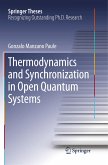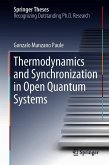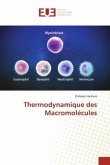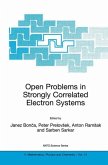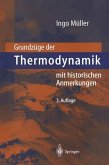Thermodynamics is a phenomenological theory describing the energy conversion of work and heat. At its origins thermodynamics was developed in order to understand and improve heat engines. In conventional thermodynamics, however, only such processes are completely describable which are slow enough to keep the system of interest in an equilibrium state with its thermal environment at all times. On the contrary, all real physical processes are accompanied by non-equilibrium phenomena. These are mathematically described with the help of the irreversible entropy production. Moreover, the modern trend of miniaturization leads to smaller and smaller devices. On short length scales thermal noise as well as quantum fluctuations become important. Thus, usual thermodynamic quantities as work and heat acquire stochastic nature. The present dissertation contributes to this prevailing field by the derivation of analytical expressions for the entropy production in open and closed quantum systemfar from thermal equilibrium. To this end, it was dealt with methods and approaches of statistical physics, conventional thermodynamics, quantum information theory and the theory of open quantum systems.
Bitte wählen Sie Ihr Anliegen aus.
Rechnungen
Retourenschein anfordern
Bestellstatus
Storno



